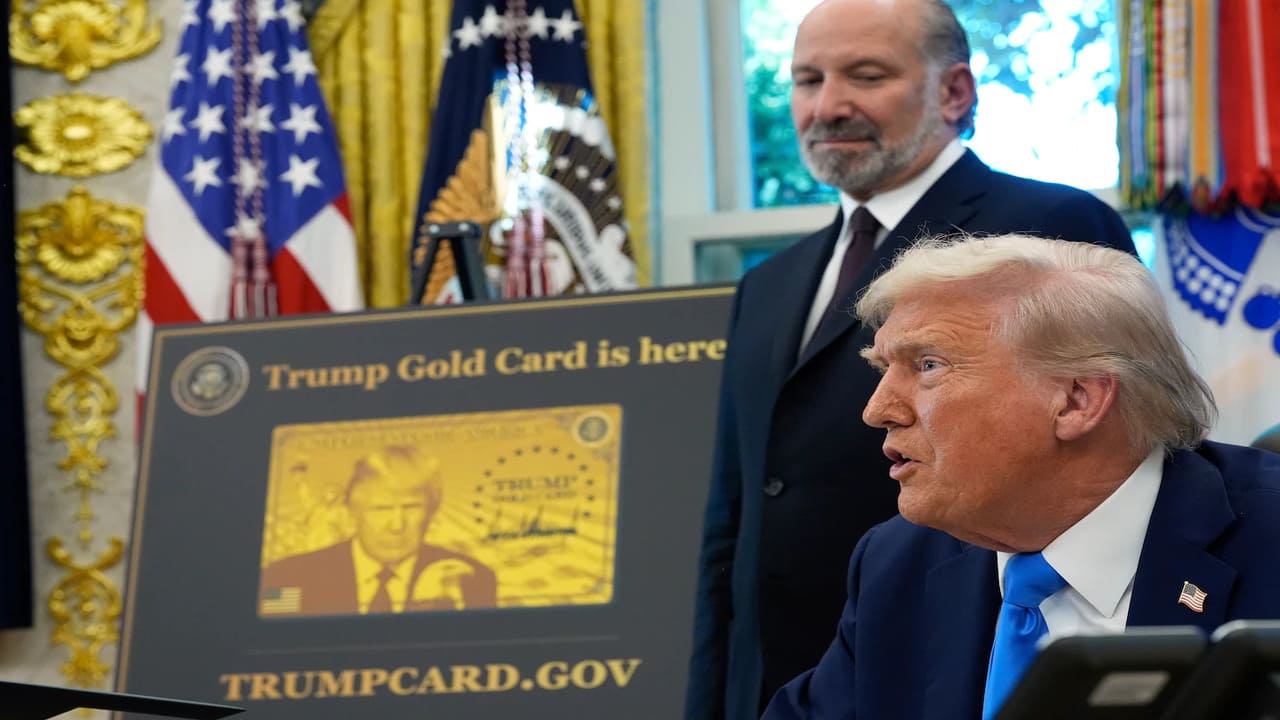
Independentreport – President Donald Trump’s administration has introduced a new visa policy that significantly changes the cost structure for H-1B applicants. Under this plan, companies seeking new foreign workers under the H-1B program will be require to pay an upfront fee of $100,000 per application. This measure marks one of the most aggressive reforms in the decades-old visa program that has fueled the U.S. tech industry’s access to global talent.
Officials later clarified that the hefty fee applies only to new H-1B applications, and not to renewals or transfers for existing holders. Still, the initial announcement, which lacked this nuance, sparked immediate alarm across Silicon Valley and beyond. Many tech executives described the move as “punitive” toward both companies and skilled migrants who contribute to the American economy.
The reaction from technology firms has been overwhelmingly critical. Major corporations such as Microsoft, Meta, and Amazon argued that the new visa policy would weaken America’s position as the world’s premier destination for high-skilled talent. They stressed that talent shortages are already challenging, and higher costs would only make recruitment more difficult.
For startups, the challenge is even sharper. Smaller firms, which often rely on a handful of specialized engineers to build products, fear that the six-figure application fee will consume budgets meant for innovation and growth. Industry leaders caution that this could slow down development in emerging fields such as artificial intelligence, cybersecurity, and biotech.
Also Read : UN Security Council Reimposes Sanctions on Iran over Nuclear Program Revival
Not all voices have been critical. Some prominent business figures, including IBM Vice Chairman Gary Cohn and Netflix co-founder Reed Hastings, defended the intent behind the new visa policy. They argued that the high cost could serve as a filter, ensuring that visas are issue only for roles with genuine strategic importance.
From their perspective, the U.S. should focus on attracting the “best of the best” rather than issuing large volumes of visas for mid-level jobs that could be filled domestically. While controversial, this argument highlights a growing divide in the corporate world: whether to prioritize broad access to foreign labor or a more exclusive, premium approach.
The new visa policy is expect to generate ripple effects across industries. Several outcomes are already being discuss by analysts and executives alike:
Among the sectors most at risk are startups. These young companies thrive on lean budgets and rapid hiring cycles. A single $100,000 visa application can represent months of operating capital. Founders warn that this could discourage them from pursuing top talent abroad, undermining their ability to scale and compete.
Innovation ecosystems could also take a hit. For decades, the H-1B program has been credit with fueling breakthroughs in Silicon Valley by enabling global experts to collaborate on cutting-edge projects. Analysts caution that restricting this flow of expertise could gradually erode the U.S.’s competitive edge in the global tech race.
Read More : Diesel Supply Chains in Flux: $1.1B Australian Push for Green Fuel
The new visa policy is being closely watch outside the U.S., especially in India, where a large share of H-1B holders originate. Indian IT firms saw their stock values fall in the days following the announcement, reflecting investor fears of reduced placement opportunities in the American market.
In contrast, countries like Canada and the United Kingdom may benefit from this shift. Both nations have recently streamlined their immigration programs to attract skilled workers. If the U.S. makes entry more costly and uncertain, global talent could pivot toward these alternative destinations, reshaping the landscape of innovation hubs worldwide.
This Article About New Visa Policy Written by: Abra Azhari | Editor: Micheal Halim
Information Source: Reuters.com